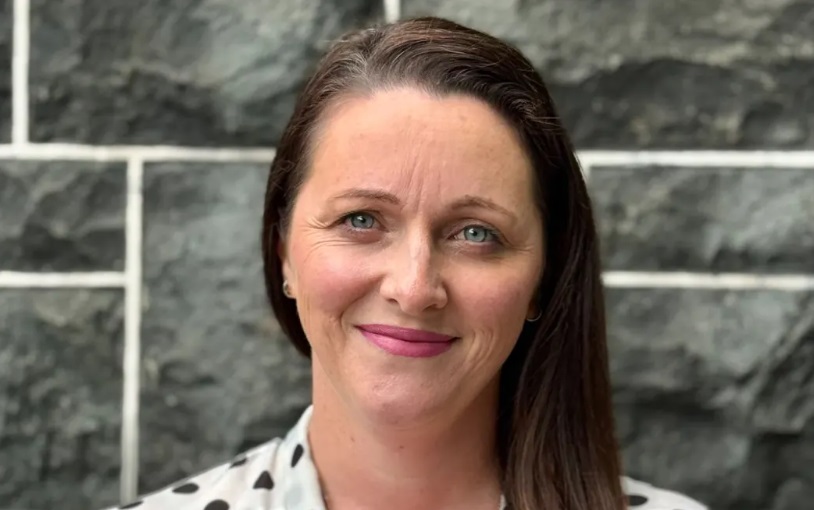
Students heading to university and boarding schools next year are advised to get vaccinated against the life-threatening meningococcal disease.
Meningococcal is uncommon and can cause two serious illnesses - meningitis, an infection of the membranes that cover the brain, and septicaemia (blood poisoning).
Since 2019, there have been 364 cases, which have resulted in 21 deaths. Meningococcal B has caused five deaths each year, including two this year.
Māori and Pasifika people are most at risk, accounting for 195 of the 364 cases. The 15-24 age group has the highest number of confirmed cases this year.
Registered nurse Aleisha Telford, who runs the meningococcal disease vaccination programme at the University of Otago's Student Health Services, said there was often confusion among parents and students who believed they had already been protected.
Between 1991 and 2007 a short-term vaccination programme was introduced to combat the meningococcal B epidemic that caused 6100 cases and 260 deaths.
"There seems to be a lack of understanding that this was just a single strain of meningococcal B, and that the vaccine created at the time was simply to help us through that epidemic and was not intended to give lifelong protection," Telford said.
"Those children immunised during that last epidemic are now in our high-risk adolescent age group and it is recommended they are vaccinated again."
The Ministry of Health recommends students be vaccinated against the disease before heading to tertiary education.

Telford said it was a hard illness to diagnose and it progressed rapidly.
"It is easy for this disease to be dismissed as the after-effects of a night out or a teenager simply being rundown but early treatment is crucial for a better outcome.
"When students arrive at university they are often looking after their health for the first time without mum or dad there to check if something isn't quite right. We encourage parents whose children may have told them they're unwell to check on them and ensure they have notified their flatmates as well or have sought medical help."
GSK Medical director Brett Marett said parents should seek advice from a health care provider if they were unsure of their child's vaccination status.
"In New Zealand, the rates of meningococcal B are twice that of other high-income countries with cases reported annually and occasional community outbreaks and Māori and Pacific communities continue to be disproportionately affected.
"It is essential that healthcare professionals, parents, and teenagers work together to ensure they have all the information needed to make a fully informed decision around protecting against this potentially deadly disease."
Around one in 10 patients who contract the disease will die and one in five survivors will have permanent disabilities such as brain damage, amputated limbs and hearing loss.
Symptoms include fever, headache, stiff neck, confusion, nausea, sensitivity to light, joint pain, and a rash.
The meningococcal B vaccine Bexsero is funded for people aged 13-25 who are entering their first year of close-living situations such as hostels, boarding schools, halls of residence and the military. It is also funded as a part of scheduled immunisations.
Meningitis Foundation Aotearoa New Zealand chair Gerard Rushton said the current funding model did not do enough to protect all adolescents.
"The present criteria are too narrow and confusing and fail to reach our most at-risk group, Māori and Pasifika."
The foundation wanted access to the vaccine to be expanded beyond students entering university halls of residence or boarding schools, he said.
"We would like to see a free vaccination programme against all preventable forms of meningococcal disease made available to every student before they leave school to study, work or enter a trade apprenticeship."













